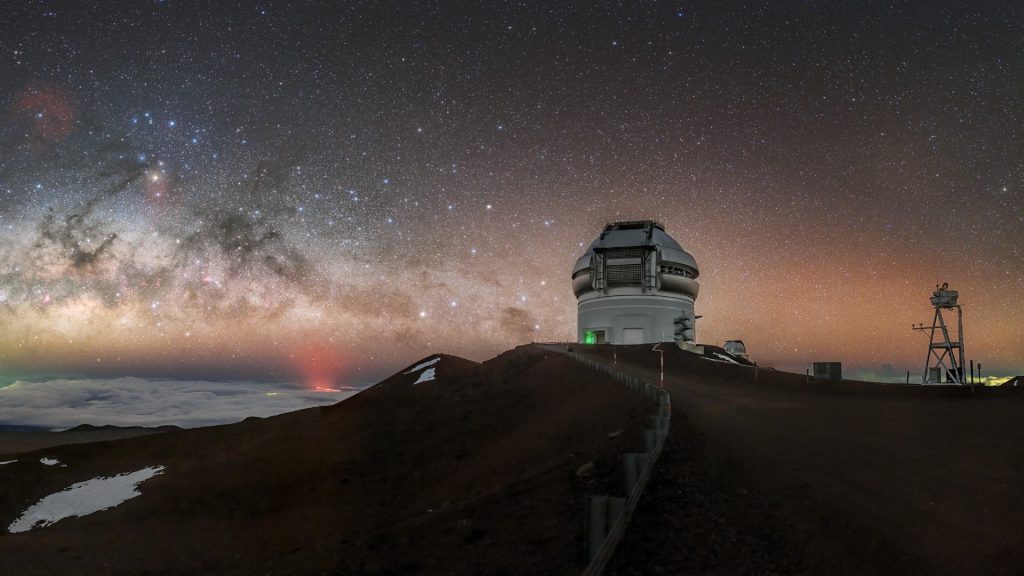In a concerning development for the world of astronomy, a series of cyberattacks recently targeted some of the most advanced telescopes across the globe. Leading astronomical observatories faced temporary shutdowns due to the attacks, highlighting the growing vulnerabilities in the digital infrastructure supporting scientific research.
The National Optical-Infrared Astronomy Research Laboratory (NOIRLab) of the National Science Foundation disclosed that it had been the target of a cyberattack on August 1. Two important telescopes’ operations were consequently briefly suspended: the Gemini South Telescope in Chile and the Gemini North Telescope in Hawaii. The attack also affected other smaller telescopes that were located on Cerro Tololo in Chile.
NOIRLab stated on its website that its staff, in collaboration with cybersecurity experts, were working diligently to restore normal operations and bring the affected telescopes back online. The incident came at a time when the United States National Counterintelligence and Security Center (NCSC) had just issued a bulletin alerting American space entities about the looming threats of cyberattacks and espionage.
The exact nature and origin of the cyberattacks on NOIRLab’s facilities remain shrouded in mystery, as ongoing investigations continue. Consequently, the organization is cautious about sharing detailed information regarding the attacks, but it has pledged transparency once more is known.
It is not unusual for this to happen in the field of astronomy. Hackers interfered with the Atacama Large Millimeter/Subsillimeter Array’s (ALMA) activities in Chile in October 2022. Additionally, NASA has been battling cybersecurity issues for years. During the global SolarWinds event in 2021, the agency experienced a major breach, which served as a clear reminder of the need to strengthen digital defenses.
The NCSC’s bulletin highlighted the strategic interest foreign spies and hackers have in the U.S. commercial space industry, recognizing its impact on both the economy and national security. The bulletin emphasized that these entities view U.S. space innovations and assets as potential avenues for acquiring critical technologies and expertise.
The recent cyberattacks underscore the critical need for heightened cybersecurity measures within the scientific community. As technological advancements continue to shape our world, protecting digital infrastructure becomes paramount to safeguarding the progress and innovations achieved through scientific exploration.

